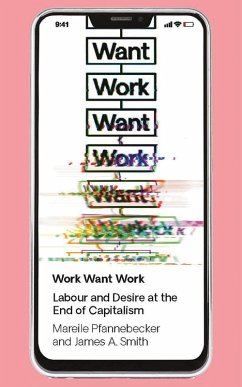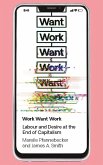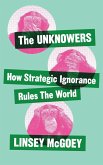Work Want Work considers in captivating detail how a logic of work has become integral to everything we do, even as the place of formal work has become increasingly precarious. With reference to sociological data, philosophy, political theory, legislation, the testimonies of workers and an eclectic mix of cultural texts - from Lucian Freud to Google, Anthony Giddens to selfies, Jean-Luc Nancy to Amy Winehouse - Pfannebecker and Smith lay out how the capitalism of globalized technologies has put our time, our subjectivities, our experiences and our desires to work in unprecedented ways.
As every part of life is colonized by work without securing our livelihoods, new questions need to be asked: whether a nostalgia for work can save us, how ideas of work change conceptions of political community, how employment and unemployment alike have become malemployment, and whether the work of our desire online can be disentangled from capitalist exploitation.
The biggest question, at a time when the end of work and a fully automated future are proclaimed by Silicon Valley idealists as well as by social democratic politicians and left-wing theorists, is this: how can we propose a post-work society and culture that we will actually want?
As every part of life is colonized by work without securing our livelihoods, new questions need to be asked: whether a nostalgia for work can save us, how ideas of work change conceptions of political community, how employment and unemployment alike have become malemployment, and whether the work of our desire online can be disentangled from capitalist exploitation.
The biggest question, at a time when the end of work and a fully automated future are proclaimed by Silicon Valley idealists as well as by social democratic politicians and left-wing theorists, is this: how can we propose a post-work society and culture that we will actually want?









